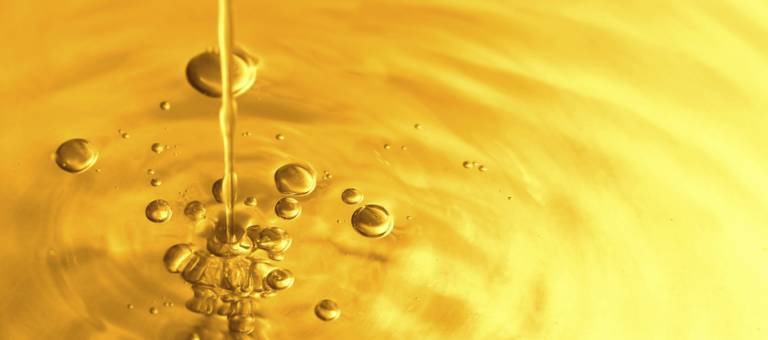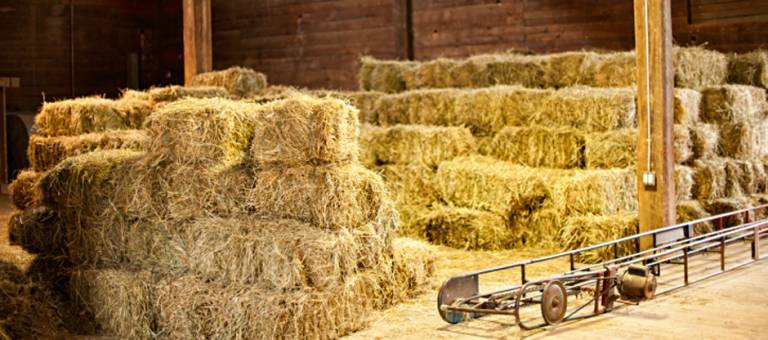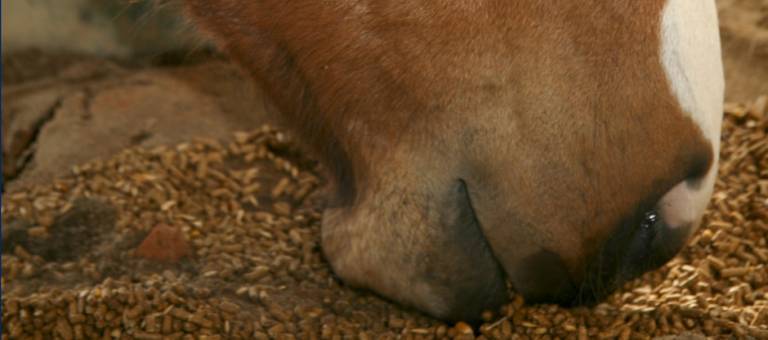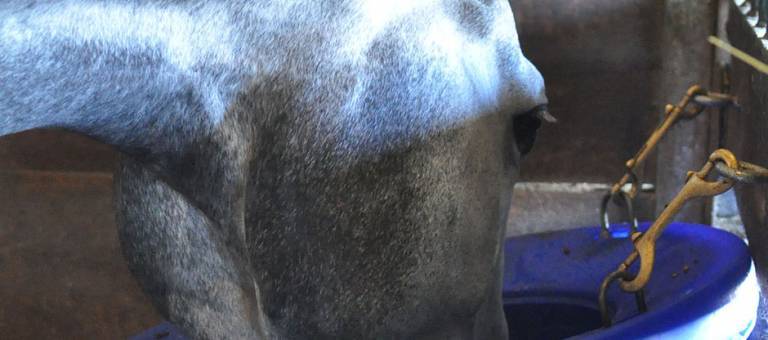Feed Ingredients

August 24, 2017
Liver Health in Horses: Dietary Fat and Exercise
In addition to producing bile for fat digestion, the liver has a number of other important functions in horses.

August 17, 2017
New Approach to Equine Asthma: Nebulization and Fatty Acids
Corticosteroid anti-inflammatory drugs such as prednisone or prednisolone help horses suffering from equine asthma, including heaves. Although they are effective,

August 14, 2017
Color of Horse Hay: What Does It Mean?
Though the color of hay is not the end-all, be-all method for determining hay quality (that would be forage analysis by

August 14, 2017
Managing Horse Wounds? Include Biotin
When a horse owner is faced with an unexpected soft-tissue injury, a flurry of questions immediately springs to mind.

August 07, 2017
Performance Horse Fatigue
Exercise requires an integration of many systems, each containing varied elements, and any factor that upsets this integration could

August 07, 2017
Understanding Different Types of Horse Digestive Supplements
Probiotics and hindgut buffers are two of the most common ways to both prevent microbiota shift during times of

July 18, 2017
How Is Natural-Source Vitamin E Superior to Synthetic Vitamin E for Horses?
Vitamin E can be obtained from natural or synthetic sources, but the chemical structure of each is different.

July 11, 2017
How Does Chromium Supplementation Affect Strenuously Exercising Horses?
Six trained Thoroughbred horses were used in a two-period switchback design experiment to evaluate the effect that chromium supplementation

June 29, 2017
Choose Natural Vitamin E for Horses
Horses require vitamin E in their diets for many biological functions. One of vitamin E’s most well-known roles is

June 27, 2017
What Are the Effects of Feeding a High-Fat Diet to Horses?
These data suggest that the addition of fat (soybean oil) to a grain meal will affect glucose and insulin







